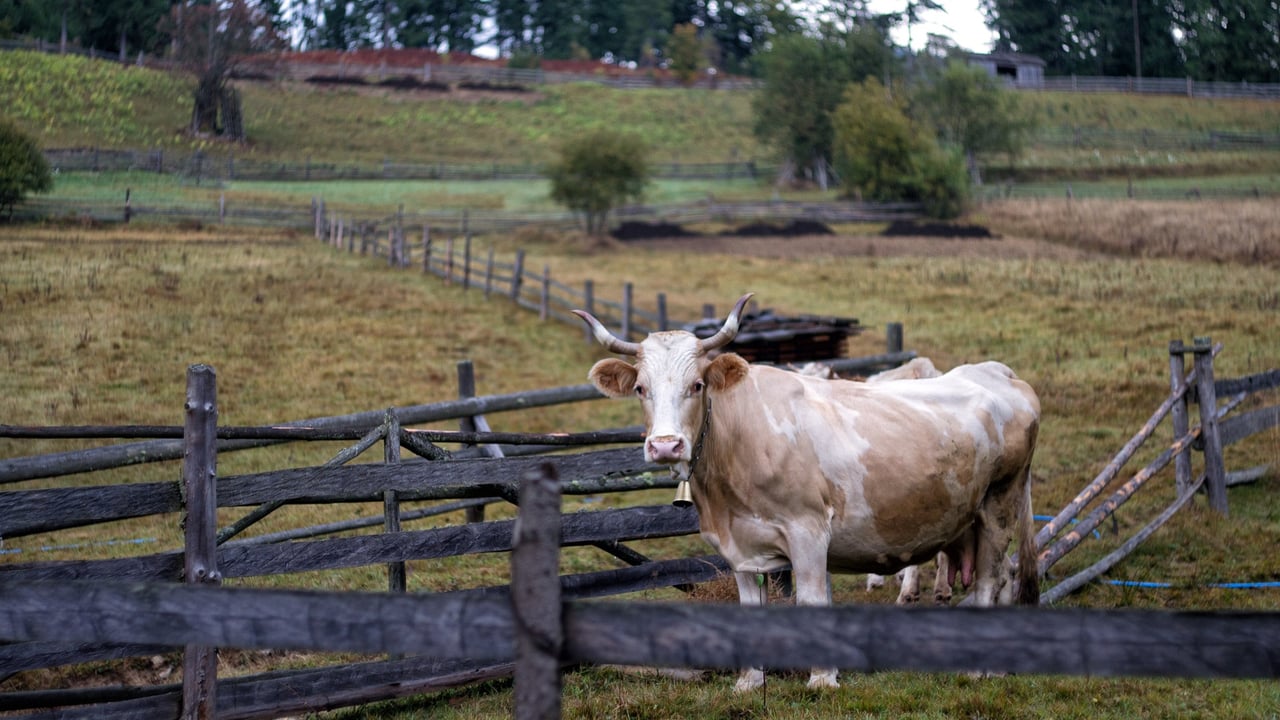UN survey: War in Ukraine results in scale down of agri activities
After nine months of war in Ukraine, rural households are increasingly affected by the conflict with many forced to scale down or abandon agricultural activities, according to a new survey released by the Food and Agriculture Organisation of the United Nations (FAO).
The impact of the war on agriculture and rural livelihoods in Ukraine: Findings of a nationwide rural household survey revealed that one in every four of the 5,200 respondents surveyed had reduced or stopped agricultural production due to the conflict.
Rural households were interviewed to enhance understanding of the current agriculture and livelihoods situation and needs, particularly in view of the upcoming winter season.
Pierre Vauthier, head of FAO’s Ukraine Country Office said: "Ukraine’s agriculture sector is an important source of livelihoods for the roughly 13 million Ukrainians living in rural areas.
“The report indicates that 25% of the Ukrainian rural population involved in agriculture stopped their activities or reduced their output due to the war," he added.
"The situation is much worse in the most agriculture-dependent regions of Ukraine, where over 40% of rural families are affected.”
The FAO said that the impact of the war on the broader production system, characterised by disruptions to value and supply chains and price volatility, has had repercussions on the rural population, underlining their interdependence with the country’s agricultural economy.
While the effects of the war are more prominent in the oblasts (regions) along the front line, these are also widely experienced in the rest of the country.
Lavinia Antonaci, coordinator of the assessment added: “The report focuses on those households mostly involved in backyard farming and small-scale agricultural production.
"Although not officially defined as farmers, they play a pivotal role in ensuring the food security, incomes and livelihoods of rural populations by providing for their own food consumption as well as selling products locally, thus contributing to local supply chains.”
As the war persists, the current situation is likely to deteriorate further, according to the FAO.
The organisation added that compounded by the winter season and the potential for further internal displacements to rural areas, the coping capacities of the rural population are likely to become progressively strained.
It is critical to protect those households from the further deterioration of their productive capacities, which are the foundations of their resilience, the FAO said.
The report notes that support to rural household food production is a means to mitigate the negative impacts of the war on their food security and livelihoods, and will also improve and maintain the hosting capacities of rural households.
Revitalising and sustaining the small-scale agriculture sector will strengthen and secure the contribution of rural households to the broader agricultural system and enhance the benefits they can access in return, according to the FAO.
In addition, the FAO said that it is critical to monitor the constantly changing situation and to continue providing complementary assessments and integrated analyses on the impact of the war on Ukraine’s agricultural system to better inform short-, medium- and long-term actions.





